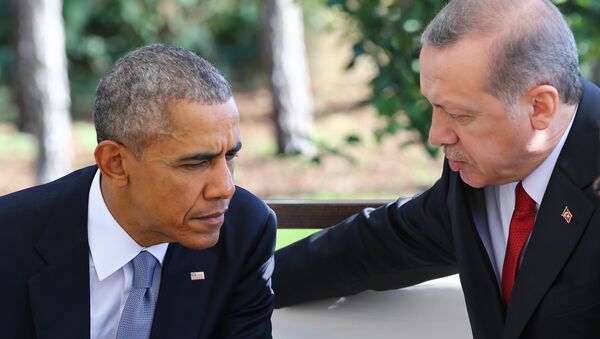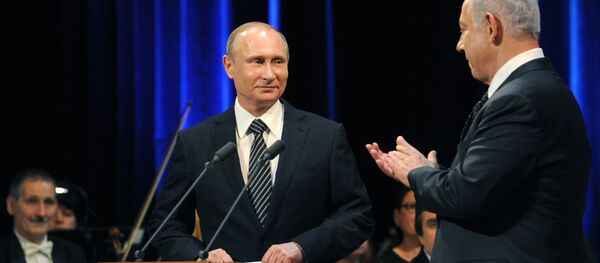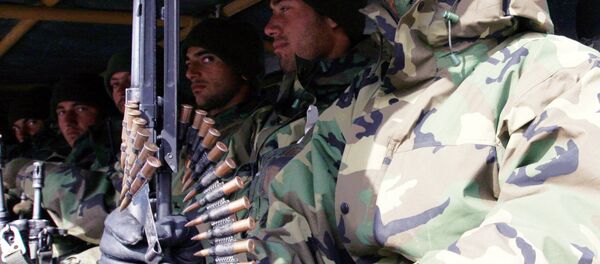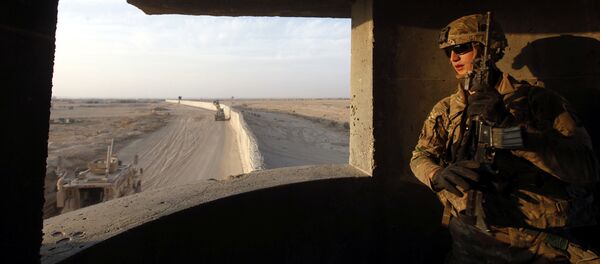Turkey’s Justice Minister Bekir Bozdağ traveled to the United States on Tuesday, for talks with US Attorney General Loretta Lynch, primarily seeking the extradition of cleric Gulen. In McGovern’s view, Ankara should not expect that Washington will forcibly extradite the former ally of Turkish President Tayyip Erdogan.
“[Ankara] wants to have a pretext to dissociate themselves with the United States, [but the US is] not going to be bowing before you on things like Iraq’s Mosul and Syria’s Aleppo, both of which Erdogan seems still to consider parts of his Grand Ottoman Empire he would like to reestablish,” asserted the analyst on Loud & Clear program.
But times have changed, according to the analyst. “The point is simple: the Turks are not going to act in the old way,” McGovern said, referring to discontent within the Erdogan administration regarding the muted US response to the failed July coup, which many have observed may have been staged, as a means to tighten Erdogan’s power base.
“Not only has [the US] maintained a curious silence, but there were press reports saying Erdogan had fled,” McGovern pointed out. “The best thing to do to encourage coup plotters is to say that the president has fled.”
“Turkey is a wild card here,” McGovern said, regarding the relations and contradictions between Ankara and Washington, and their different views on the future of Iraq and Syria. He noted that the US has made a number of mistakes in the region, including Defense Secretary Ashton Carter’s scuttling of the most recent ceasefire in Syria.
“I don’t think [the US] knows what is going on [in the Middle East],” McGovern stated, referring to recent remarks by US Secretary of State John Kerry, who branded Syria as the “most complicated issue he’s ever seen in public life.” McGovern offered that at least six separate wars are being carried out simultaneously in the region, with many parties engaging in widespread violence, and most using weapons purchased from, or freely given by, the West.
In Iraq, Turkey has deployed troops near the city of Mosul, a step that has seen fierce opposition from the Shia-dominated government in Baghdad. The US has tried to persuade Baghdad to let the Turks “help them out” against Daesh, to little result.
“Turkey is motivated first and foremost by making sure the Kurds never get their country or even a powerful movement,” McGovern stated, referring to the violent repression of Kurdish political opposition factions in Turkey.
Despite recent tensions, the US and Turkey remain allies, rooted deeply in their support and participation in NATO.
“Erdogan is too clever for that,” McGovern suggested, adding that the Turkish leader, by wooing both Washington and Moscow, is protecting his own interests.






